
(1) 表示“造成”“使(发生)”,注意以下搭配:
①其后可直接用造成的结果或发生的事情作宾语。如:
Smoking can cause lung cancer. 吸烟可导致肺癌。
Careless drivers cause accidents. 司机不小心就出事故。
②后接双宾语。如:
The car caused me a lot of trouble. 这车给我引来了不少麻烦。
He caused his parents much unhappiness. 他弄得他父母很不愉快。
I hope this will not cause you any inconvenience. 希望这不会给你造成不便。
③后接不定式的复合结构作宾语。如:
The cold weather caused the plants to die. 天气寒冷冻死了植物。
Heating a copper bar will cause it to expand. 对铜棒加热会使它膨胀。
What caused your wife to change her mind? 是什么使你的妻子改变了主意?
Her irresponsible behaviour has caused her family a great deal of anxiety.=Her irresponsible behaviour has caused a great deal of anxiety to [for] her family. 她不负责任的行为已引起她的家人的莫大担扰。
(2) 表示“使”“迫使”,通常接不定式的复合结构作宾语,注意不要受动词 make 的影响而用错句型。比较:
是什么使她哭了?
正:What caused her to cry? / What made her cry?
误:What caused her cry [crying]? / What made her to cry?
这个坏消息使她伤心。
正:The bad news caused her to be sad.
正:The bad news made her sad.
误:The bad news caused her sad.
(1) 表示“原因”,为可数名词。如:
Bacteria are often a cause of disease. 细菌常常引起疾病。
Smoking is one of the causes of heart disease. 吸烟是引起心脏病的一种原因。
(2) 表示“理由”,为不可数名词。如:
He had just cause for anger. 他有正当的理由生气。
(3) 表示“事业”“奋斗目标”,为可数名词。如:
He dedicated himself to the cause of science. 他献身科学事业。
There is no effect without a cause. 没有无因之果。
Don’t complain without (good) cause. 不要无故抱怨。
3. 比较cause与reason:
(1) 表示造成某一事实或现象的直接原因或起因,一般要用cause(后常接of),不用reason。如:
Carelessness is often the cause of fires. 疏忽大意往往酿成火灾。
Friction is the cause of the match’s lighting. 摩擦是火柴点燃的原因。
(2) 若是说明或解释某种行为或看法的理由,两者可通用(其后常接 for或不定式)。如:
There is no cause [reason] for anxiety [to be anxious]. 没有理由焦虑。
You have no reason [cause] for complaint [to complain]. 你没有理由抱怨。










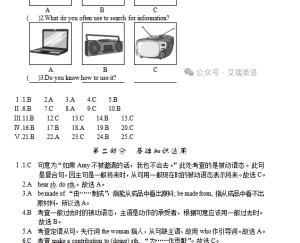
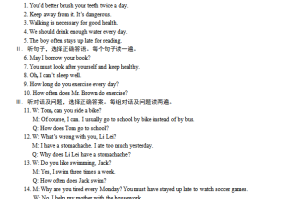


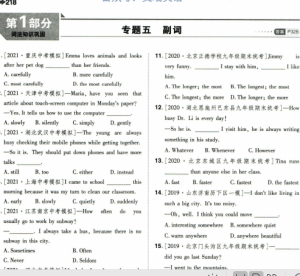
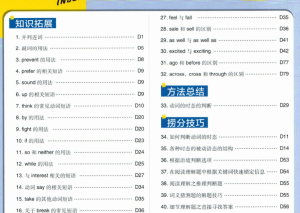
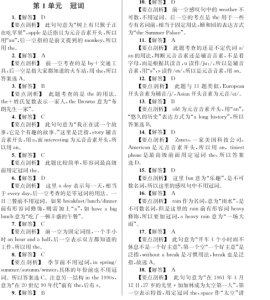
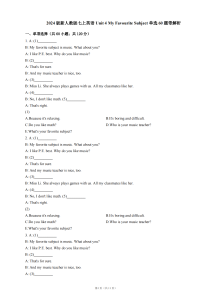




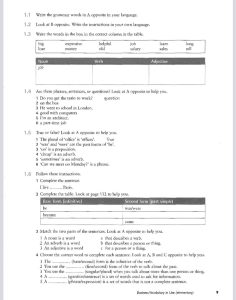


暂无评论内容